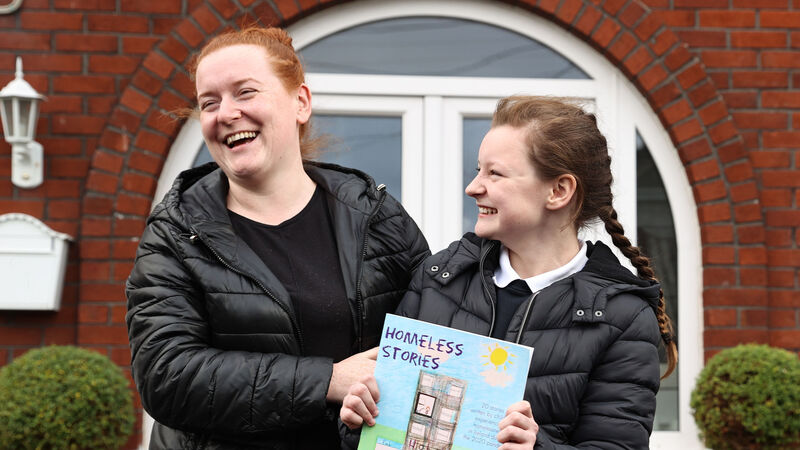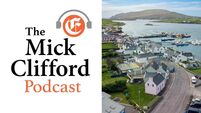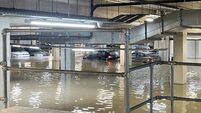Special report: Time to end the ‘national shame’ of child homelessness

Kasey Earley (10), above with her mam, Jodie Murray, illustrated the front and back cover of 'Homeless Stories: What is lockdown like without a home?' and also wrote about her experience of living in emergency accommodation with her mam and little sister during the Covid-19 lockdown. Picture: Marc O'Sullivan
In 2015, a total of 880 children were registered as homeless in Ireland at Christmas. The latest figures for 2020 reveal that number now stands at 2,642.











